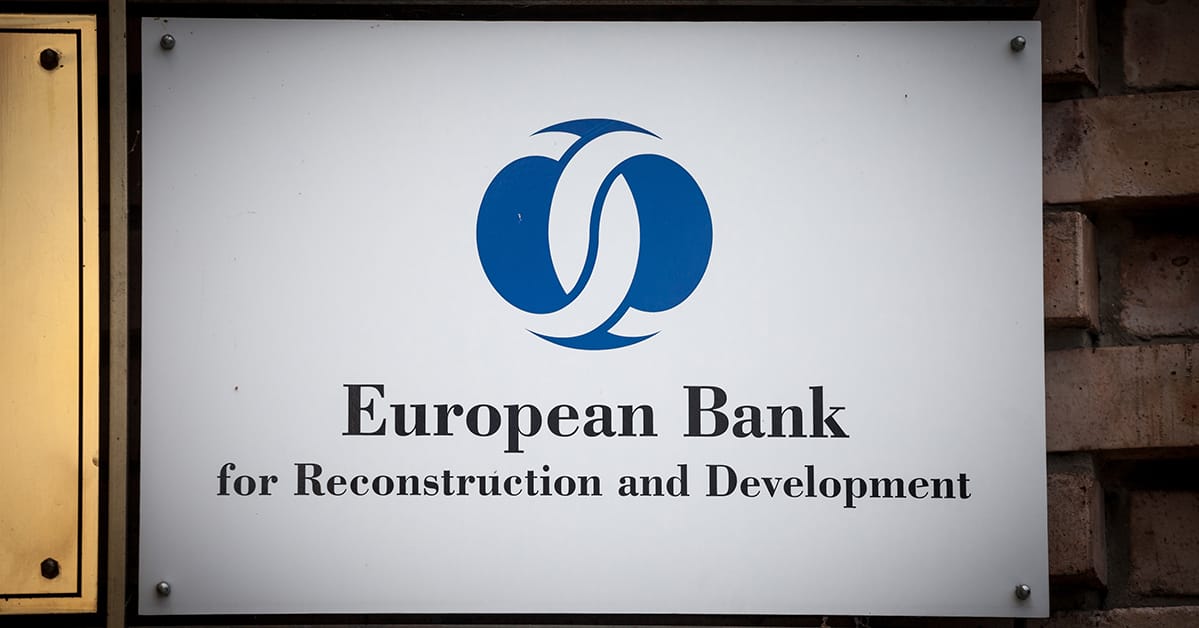The region’s economies are also threatened by large numbers of “zombie firms" as growth slows.

Cheer was in short supply when the European Bank for Reconstruction and Development (EBRD) unveiled its new Transition Report in November.
The report, titled “Business Unusual,” comes amid a slowdown in GDP growth: Central Europe will go from 3.7% growth in 2022 to 1.3% next year, and Southeast Europe from 5% to 2%. Ukraine is expected to see a contraction of at least 30% this year.
The after-effects of the Covid-19 pandemic are just the tip of the iceberg. Russia’s invasion of Ukraine is exacerbating inflation and challenging supply chains in these high-energy-consuming nations. Europe is also bearing the brunt of the global refugee crisis due to inflows of people from Ukraine, challenging social cohesion in affected countries.
“This nonexhaustive—yet quite exhausting—list of events would be challenging enough for governments and firms if it was spread over a decade or more,” says EBRD Chief Economist Beata Javorcik.
The region’s economies are also threatened by large numbers of “zombie firms,” Javorcik explains. They were initially kept afloat by low interest rates but are now being sustained by governments and banks—equally zombified state-owned banks—out of fear of widespread bankruptcies.
“These are firms being kept alive by subsidized credit which wouldn’t be alive if subject to market conditions, preventing the flow of capital and labor to more efficient areas,” she says. The debt-servicing costs and the total debt volume reached record highs, the latter now topping 150% of GDP in the region.
The proportion of vulnerable firms has now reached 20% to 25%, with some 5% of them deemed “zombified.”
Concerns about the duration of Russia’s war on Ukraine—coupled with record-high energy prices—is impacting both business investment and economic activity across the region, says Philip Bennett, a former EBRD vice president.
“How do you make decisions in a situation of immense uncertainty?” he asks. “It’s tough—not least because this is a major war, and any peace will be fragile. Investment decisions will continue to be overshadowed by the cloud of a rogue state that wants to keep things unstable.”



